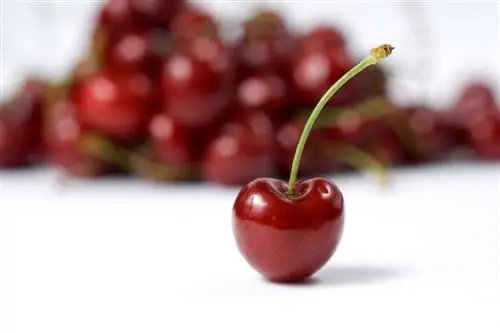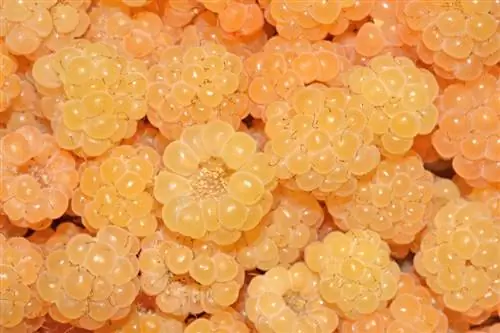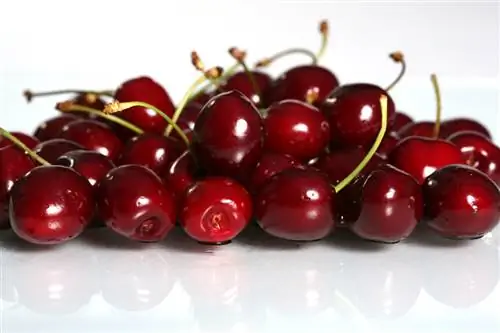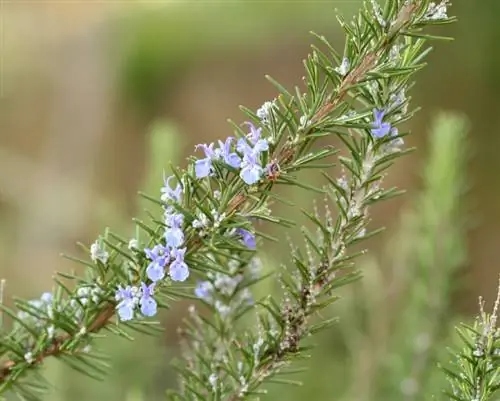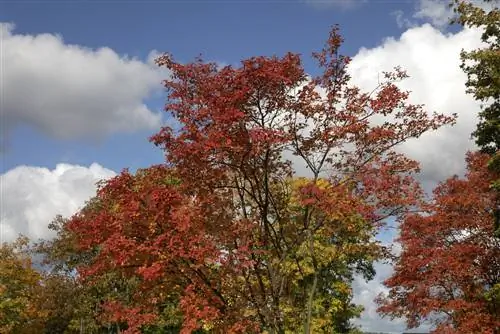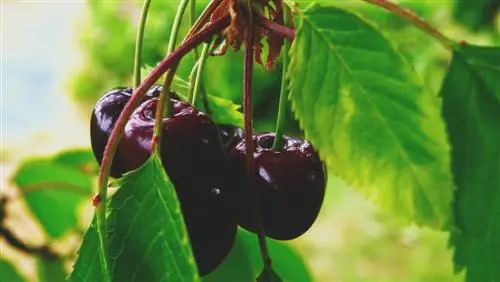- Author admin leonars@hobbygardeners.com.
- Public 2023-12-16 16:46.
- Last modified 2025-06-01 06:02.
When choosing a variety, you should not only rely on the fruit characteristics, appearance, taste, shape, size and ripening time. Rather, the site conditions and resistance to diseases and pests should determine the choice.
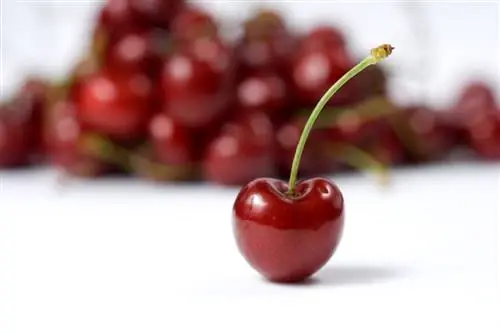
Which cherry tree varieties are recommended?
- Werder glass cherry.
The sweet cherry (prunus avium) and the sour cherry (prunus cerasus) both belong to the genus Prunus in the rose family. The types of sweet cherry are cartilaginous cherry and heart cherry. The sour cherry is available as a shrub sour cherry and as a tree sour cherry. The sweet cherries have smooth, shiny skin and firm, often light-colored flesh. The fruits of the sour cherries are soft and juicy with dark red flesh.
The cherry trees only produce abundant fruit if numerous flowers are fertilized if possible. The self-infertile varieties only fruit if they are fertilized by a foreign variety of the same species. Even with self-pollinated varieties, a suitable pollinator variety in the neighborhood has a positive effect on the yield.
Sweet cherry varieties
One of the oldest varieties of cartilaginous cherry is the large black cartilage cherry, which comes from France and is widespread today. It owes its popularity to the sweetness of its fruits and its regularly high yields. However, it is a fast-growing cherry tree that needs a suitable pollinator variety. It is a medium-late to late variety.
The very early variety that is largely spared from cherry fruit fly infestation is Kassins Frühe Herzkirsche - a he althy, robust cherry variety that comes from Werder. It also needs a fertilization partner, grows medium to strong and delivers consistently good yields. Other well-known sweet cherry varieties are:
- Büttner's red cartilaginous cherry (large-fruited variety with bright yellow skin that dates back to 1795),
- Burlat (early ripening variety with very high yields, therefore often used in commercial cultivation),
- Hedelfinger giant cherry (adaptable variety for warm and cold locations),
- Lapins (compact growing, self-fertile variety for small gardens).
Sour cherry varieties
The most well-known, most widely cultivated, very old sour cherry variety is the morello cherry, not least because it delivers high yields with very little care. Its fruit is used to make jams and cake toppings. It has the characteristic sour taste and is very juicy.
The morello cherry, which thrives even in locations that are not particularly warm, is a weak-growing tree or shrub for small home gardens. Like most tart cherry varieties, it is self-pollinating and is suitable as a pollinator for other cherry varieties that are blooming at the same time. The Köröser Weichsel variety - a strong-growing tree - is also known for its low location requirements. Other sour cherry varieties are:
- Ludwigs Frühe (adaptable variety, sweet and sour)
- Fanal (has large fruits, also grows on light and heavy soils)
- Morelle fire (mildly sour, aromatic, late variety)
- Werdersche glass cherry (light, slightly sour flesh, early variety, undemanding)
Tips & Tricks
If you don't have space for several cherry trees, you can also try a “family tree”. These are offered online (€17.00 at Amazon) and contain three different types of cherries on one tree.

